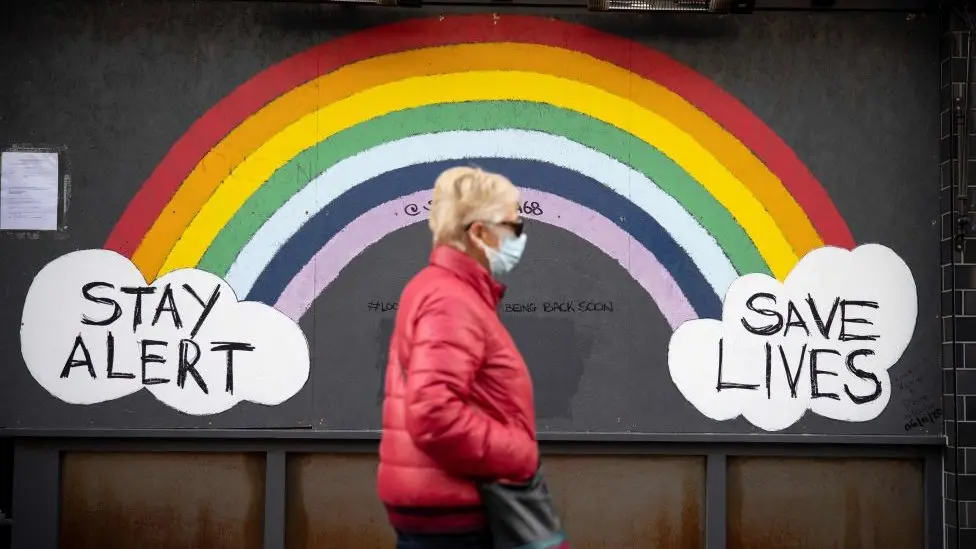What is the infected blood scandal?
The infected blood scandal refers to a series of events in the 1970s and 1980s in which thousands of people in the United Kingdom were given blood products contaminated with diseases such as HIV and Hepatitis C.
This contamination occurred due to poor screening and testing processes, as well as the use of tainted blood from high-risk donors. Many of those affected were haemophiliacs who relied on regular blood transfusions to manage their condition.
Tragically, many of these individuals were unknowingly infected with life-threatening diseases, leading to illness, suffering, and in some cases, death.
The infected blood scandal has had far-reaching consequences, with victims fighting for justice, compensation, and improved blood safety regulations.
The scandal has also raised important ethical questions about government accountability, corporate responsibility, and patient rights.
In recent years, inquiries and investigations have been launched to uncover the truth about what happened during this dark chapter in the history of healthcare in the UK.
Efforts are ongoing to ensure that those affected by the infected blood scandal receive the support and recognition they deserve, and that measures are put in place to prevent similar tragedies from occurring in the future.
As the legacy of the scandal continues to unfold, it serves as a stark reminder of the devastating consequences that can arise when medical negligence and systemic failures compromise the safety and well-being of vulnerable individuals.



